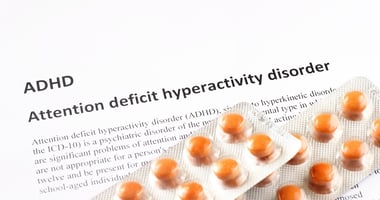Youth with attention-deficit/hyperactivity disorder (ADHD) and congenital heart disease may be able...
Study Suggests ADHD Medications May Reduce Risk for Subsequent, Concurrent Depression
 |
Zheng Chang, Ph.D., of the Karolinska Institutet in Sweden, and colleagues used several population-based registers in Sweden to identify 38,752 patients with ADHD who were born between 1960 and 1998 and were living in Sweden in 2009.
The researchers tracked the individuals from January 2006 through December 2009 to assess the association between ADHD medication (methylphenidate, amphetamine, dexamphetamine, and atomoxetine) and depression. The primary outcome was occurrence of depression between January 1, 2009, and December 31, 2009, including diagnoses from both hospital admissions and outpatient visits for depression. A total of 2,987 patients experienced depression events in 2009.
After adjusting for sociodemographic and clinical confounders, the researchers found that ADHD medication was associated with a reduced risk of depression (hazard ratio = 0.58). For each year an individual was taking ADHD medication during the study period, there was a 21% decrease in the rate of depression in 2009. In addition, the analysis showed that concomitant occurrence of depression was 36% less common during periods when patients received ADHD medications compared with periods when they did not receive medication.
“[O]ur study provided new evidence that ADHD medication does not increase the risk of later depression, but rather is associated with a reduced risk for subsequent and concurrent depression,” the researchers wrote. “Ascertaining the effect of ADHD medication on the development of depression can provide critical information to clinicians treating youths with ADHD.”
For related information, see the Psychiatric News article “Better Ways to Treat Child ADHD, New Thinking for Adults Needed.
(Image: iStock/ASIFE)





